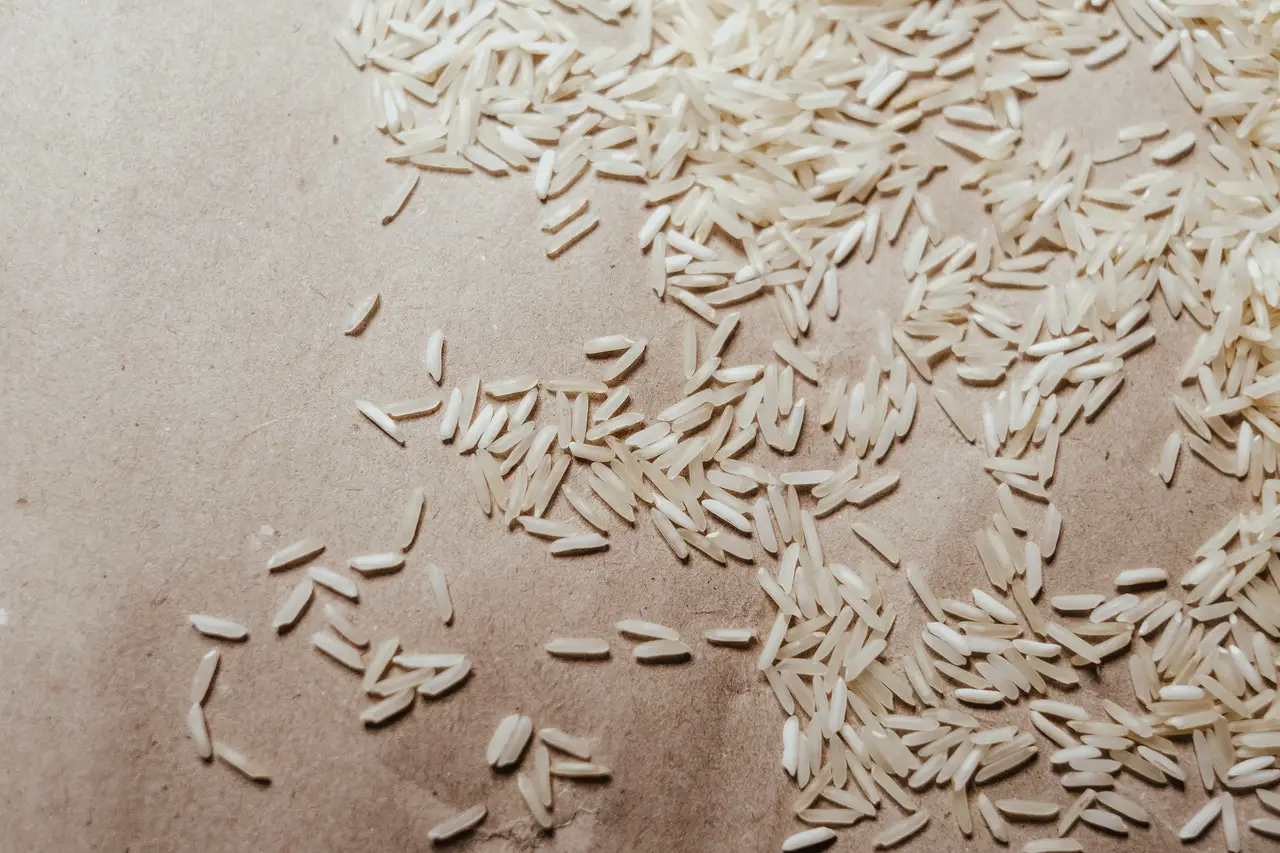Your brain is a powerhouse. It makes you who you are and it allows you to do what you do. It deserves the best and you need to make sure that you feed it properly.
Eating healthy can be tough and it’s easy to see why.
Healthy foods aren’t as readily available as some of the unhealthier alternatives. They’re not as cheap as the junk food and sometimes they don’t taste as good as something that has little to offer.
In this post, we’ll talk about if rice paper contain gluten or not?
Does Rice Paper Have Gluten?
There’s no standard.
Rice paper usually does not contain gluten and can be consumed by those who are gluten intolerant.
Rice paper is made from rice, salt, water and a few more ingredients. Rice paper is very light and can be served as an appetizer, or as a side dish.
It also makes a good alternative for those who cannot or do not want to eat regular noodles or pasta.
Best Rice Paper That’re Gluten Free
1. See The Ingredients List
Rice paper, also known as rice flour noodle, is a popular food in Asian cuisine. Rice paper is generally made from rice flour and water. However, as a result of the milling process, it can also contain traces of gluten.
In Asian countries, rice paper is a staple food and is generally eaten as a snack. If you are a celiac, you should be aware of the gluten content of the ingredients before you eat it.
2. Go For No Wheat, Rye, Barley (Basically Grains)
The gluten-free diet is a diet that excludes gluten, a protein composite found in wheat, rye, barley, and cross-bred hybrids of these grains (e.g., triticale, spelt).
Gluten causes health problems for those with celiac disease, non-celiac gluten sensitivity, gluten ataxia, dermatitis herpetiformis, and wheat allergy.
The gluten-free diet is also used by individuals without these medical conditions to improve health, exercise tolerance, and overall well-being.
Going gluten-free is not a one-size fits all approach. It’s important to understand that the gluten-free diet is not for everyone. It’s crucial to discuss your gluten intolerance with your doctor to understand if this diet is right for you.
However, if you decide it’s the right choice for you, there are many health benefits to the gluten-free diet. The gluten-free diet can help you lose weight, increase your energy levels, and improve overall well-being.
3. Buy That Specifically Says Gluten Free
Rice is a staple in most Asian countries, and gluten-free rice can be a big help to people with gluten allergies. Gluten is a type of protein in wheat, barley and rye, and a gluten allergy can cause a lot of health issues.
This can be a big problem for people from Asia, who often eat a lot of rice. However, with gluten-free rice, you can still get the taste of rice you’re used to, but without the gluten.




